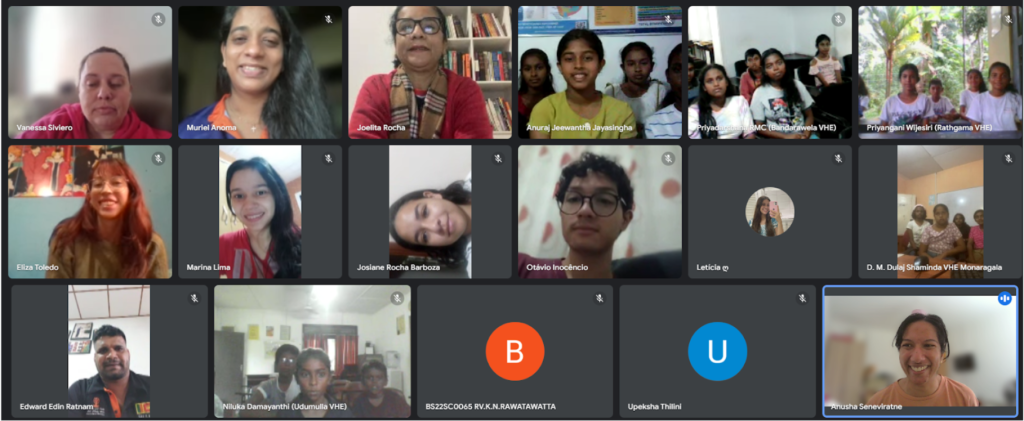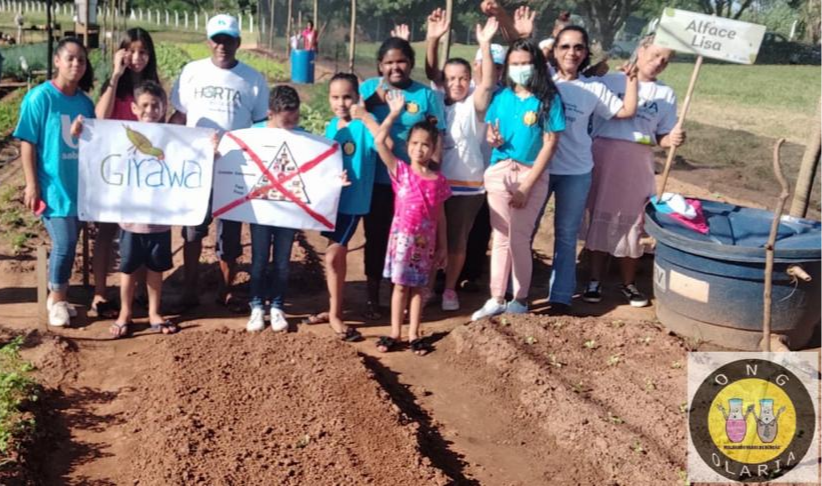Launch of International Girawa Youth Club
Celebrating the Launch of the International Girawa Youth Club Last year Girawa founded the Planetary Health Youth Clubs in Brazil beginning with communities in Lins, and Taubaté cities in Brazil. Participating students carried out activities in their local communities such as growing vegetables, visiting local museums and water supply infrastructure, and interviewing local experts and […]
Launch of International Girawa Youth Club Read More »










